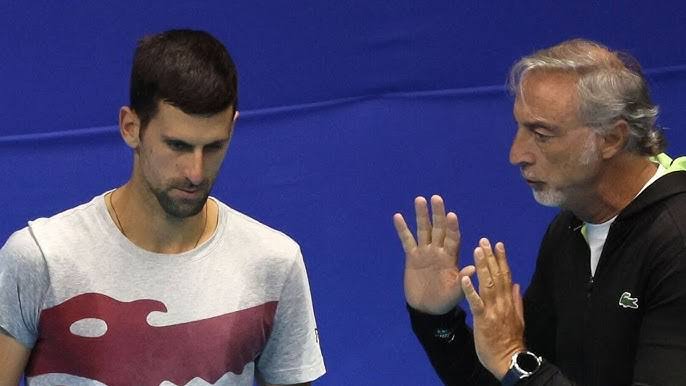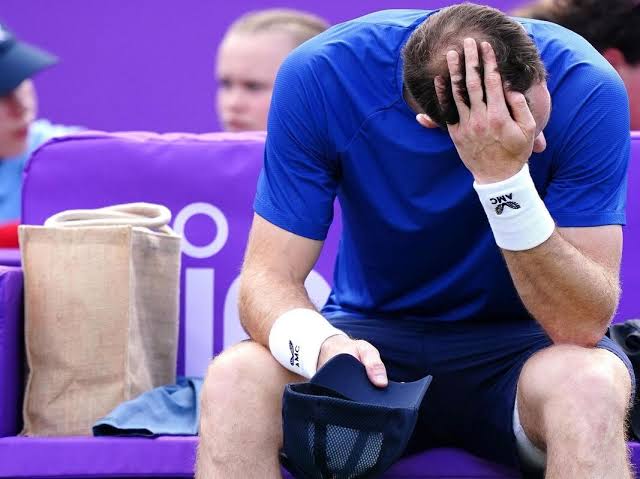At the Davis Cup, Jack Draper disagrees with Dan Evans’ plea and goes against the team’s wishes.

In a recent Davis Cup match, tensions emerged within the British team when Jack Draper openly disagreed with a plea from fellow teammate Dan Evans, highlighting a rift in the team’s cohesion and strategic approach.
The controversy began when Dan Evans, a seasoned player and key figure in British tennis, made a public plea regarding the team’s strategy and selection for the Davis Cup. Evans suggested adjustments to the lineup and tactical approaches based on his insights and experience. His plea was aimed at optimizing the team’s chances of success, drawing from his understanding of both the competition and his teammates’ strengths and weaknesses.
Jack Draper, a rising star in British tennis and a younger member of the team, took a different stance. Draper’s disagreement was not merely a matter of differing opinions but also reflected deeper strategic and personal perspectives. Draper felt that Evans’ suggestions were not aligned with his own views on how the team should approach their matches. This disagreement became a focal point as it directly impacted team dynamics and decision-making processes.
The situation was further complicated by Draper’s assertion that he had valid reasons for his stance, including his own analysis of the opponents and his recent form. Draper’s reluctance to fully align with Evans’ plea highlighted a generational and strategic divide within the team. While Evans’ experience and tactical insights were valuable, Draper’s fresh perspective and confidence in his own game strategy were equally significant.
This internal conflict brought to light the challenges of team cohesion in high-stakes competitions like the Davis Cup. The ability of a team to unite behind a common strategy is crucial, and such disagreements can potentially undermine collective efforts. The British team now faces the task of reconciling these differing viewpoints to ensure that their approach is both effective and harmonious.
Ultimately, the resolution of this disagreement will be pivotal for the team’s performance. Whether through compromise, strategic adjustments, or a clear division of roles, how the team manages this internal conflict will significantly influence their success in the Davis Cup. The ability to integrate diverse perspectives while maintaining unity will be key to overcoming this challenge and achieving their competitive goals.



